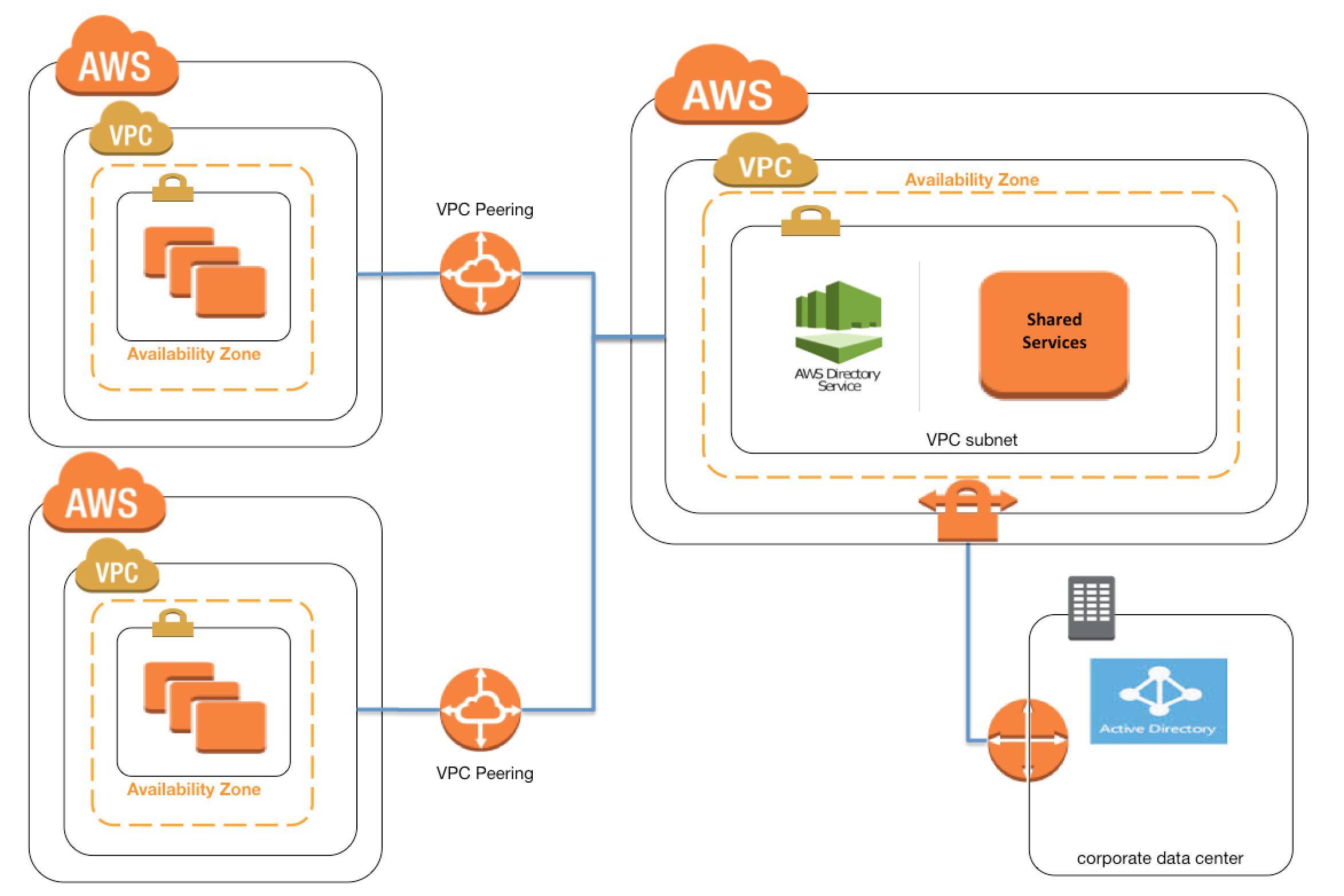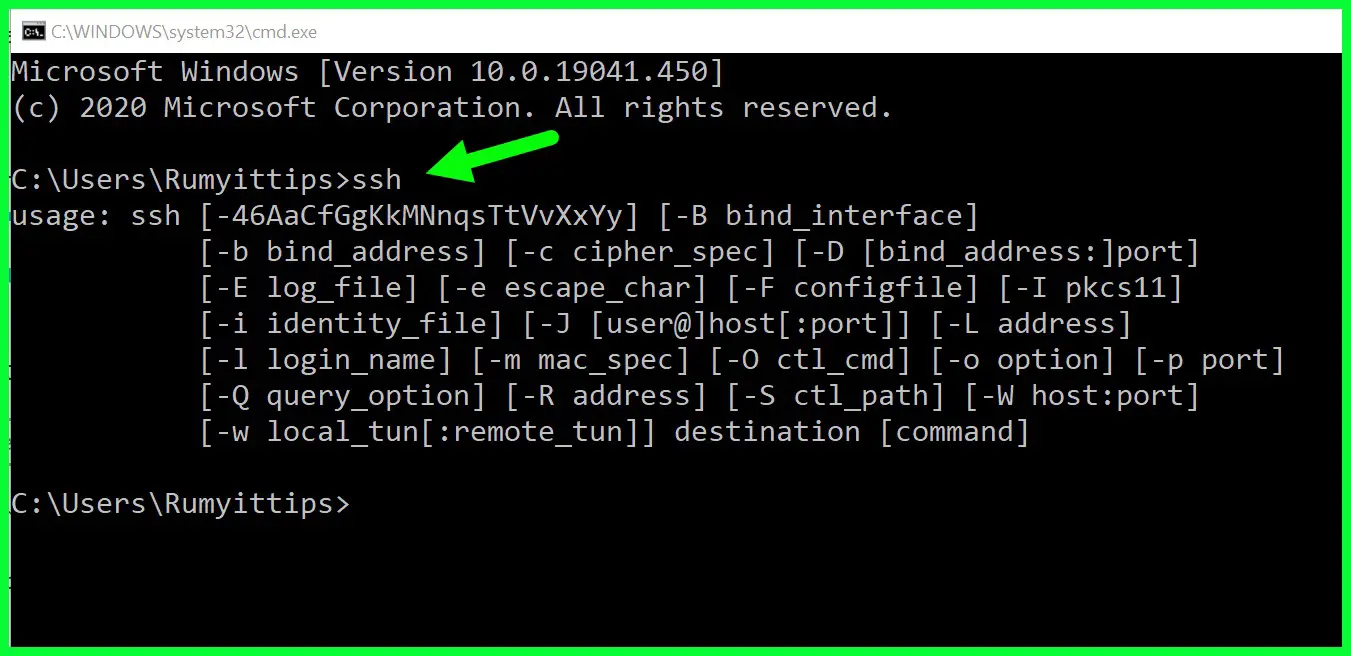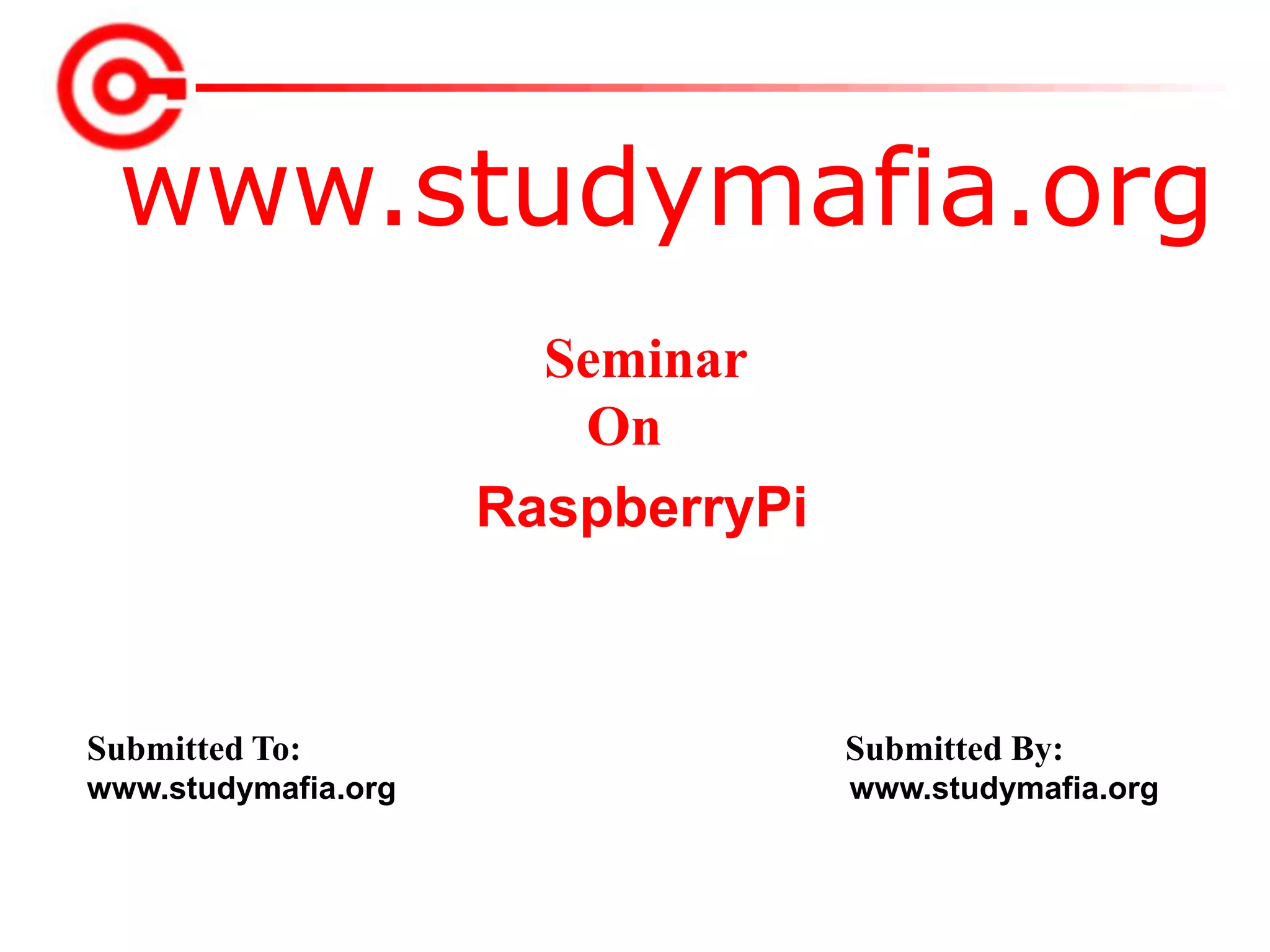Connecting remote IoT devices through a Virtual Private Cloud (VPC) using a Raspberry Pi is becoming increasingly popular, especially for those who want to explore IoT projects without spending much money. This guide will help you secure your connection while leveraging free tools like Windows downloads to set up your environment. Whether you're a beginner or an advanced user, this article will provide step-by-step instructions and valuable insights to ensure your IoT setup is both secure and efficient.
In today's digital age, the Internet of Things (IoT) has revolutionized the way we interact with technology. From smart homes to industrial automation, IoT applications are everywhere. However, ensuring secure connections for remote IoT devices remains a challenge. By understanding how to securely connect your Raspberry Pi to a VPC, you can protect sensitive data and enhance the performance of your IoT projects.
This article will delve into the process of securely connecting remote IoT devices via a VPC using a Raspberry Pi. We will also explore how you can download Windows software for free, making it easier to manage and monitor your IoT setup. By the end of this guide, you will have a comprehensive understanding of the tools and techniques required to create a secure IoT environment.
Read also:Linda Kozlowski Net Worth A Comprehensive Guide To Her Wealth And Success
Table of Contents
- Biography
- What is a VPC?
- Raspberry Pi Overview
- Securing IoT Connections
- Windows Download Options
- Step-by-Step Setup
- Remote Access Tools
- Troubleshooting Tips
- Best Practices for Security
- Conclusion
Biography
Raspberry Pi Developer Overview
The Raspberry Pi is a credit-card-sized single-board computer developed by the Raspberry Pi Foundation. It was initially created to promote computer science education in schools and developing countries. Over time, it has become a favorite among hobbyists and professionals for various applications, including IoT projects.
| Full Name | Raspberry Pi Foundation |
|---|---|
| Founded | 2009 |
| Headquarters | Cambridge, United Kingdom |
| Products | Raspberry Pi, Pi OS, Educational Resources |
| Mission | Empower people to engage with digital technology and develop skills in computing and digital making |
What is a VPC?
A Virtual Private Cloud (VPC) is a private network within the cloud that allows you to securely launch and manage resources. By using a VPC, you can isolate your IoT devices from the public internet, ensuring that only authorized devices and users can access your network. This is particularly important for remote IoT setups where security is paramount.
Key Features of a VPC:
- Private IP address space
- Customizable subnets
- Network access control lists (ACLs)
- Security groups for resource protection
Raspberry Pi Overview
The Raspberry Pi is a versatile device that can be used for a wide range of applications, including IoT projects. Its low cost and ease of use make it an ideal choice for hobbyists and professionals alike. With its built-in GPIO pins, the Raspberry Pi can interface with various sensors and actuators, making it perfect for remote IoT setups.
Popular Models
- Raspberry Pi 4 Model B
- Raspberry Pi 3 Model B+
- Raspberry Pi Zero W
Securing IoT Connections
Securing IoT connections is crucial to prevent unauthorized access and protect sensitive data. By implementing strong encryption protocols and secure authentication methods, you can ensure that your IoT devices are protected from potential threats.
Encryption Protocols
- TLS (Transport Layer Security)
- SSL (Secure Sockets Layer)
- SSH (Secure Shell)
Using these protocols, you can encrypt data transmitted between your IoT devices and the VPC, ensuring that sensitive information remains confidential.
Read also:Kim Tailblazer The Ultimate Guide To Her Remarkable Journey And Achievements
Windows Download Options
For those who want to manage their IoT projects using Windows, there are several free options available. These downloads can help you set up a secure environment for your IoT devices without incurring additional costs.
Popular Windows Downloads
- Windows IoT Core
- Windows Subsystem for Linux (WSL)
- Windows Server Essentials
Each of these options offers unique features and benefits, so it's important to choose the one that best suits your needs.
Step-by-Step Setup
Setting up a secure IoT environment using a Raspberry Pi and VPC involves several steps. Follow this guide to ensure a smooth and secure setup process.
Step 1: Prepare Your Raspberry Pi
- Install the latest version of Raspberry Pi OS
- Configure Wi-Fi and network settings
- Enable SSH for remote access
Step 2: Configure Your VPC
- Create a new VPC in your cloud provider's console
- Set up subnets and security groups
- Assign IP addresses to your IoT devices
Step 3: Secure Your Connections
- Implement encryption protocols
- Use strong passwords and two-factor authentication
- Regularly update software and firmware
Remote Access Tools
Remote access tools are essential for managing IoT devices from a distance. These tools allow you to monitor and control your devices without physically being present, making them invaluable for remote IoT setups.
Popular Remote Access Tools
- TeamViewer
- AnyDesk
- Windows Remote Desktop
Each of these tools offers different features and pricing options, so it's important to choose the one that best fits your budget and requirements.
Troubleshooting Tips
Even with the best planning and setup, issues can arise when working with IoT devices. Here are some troubleshooting tips to help you resolve common problems:
- Check network connectivity
- Verify security settings
- Update firmware and software
- Consult the official Raspberry Pi forums
By following these tips, you can quickly identify and resolve issues, ensuring a smooth and secure IoT experience.
Best Practices for Security
Implementing best practices for security is essential to protect your IoT devices and data. Here are some key practices to consider:
- Use strong, unique passwords
- Enable two-factor authentication
- Regularly update software and firmware
- Monitor network activity for suspicious behavior
By adhering to these practices, you can significantly reduce the risk of security breaches and ensure the long-term safety of your IoT setup.
Conclusion
Securing IoT connections through a VPC using a Raspberry Pi is a powerful way to protect your devices and data. By following the steps outlined in this guide, you can create a secure and efficient IoT environment that leverages free tools like Windows downloads. Remember to implement best practices for security and regularly update your software and firmware to stay ahead of potential threats.
We invite you to share your thoughts and experiences in the comments section below. If you found this article helpful, please consider sharing it with your network. For more informative content, explore our other articles on IoT, cybersecurity, and technology trends.


